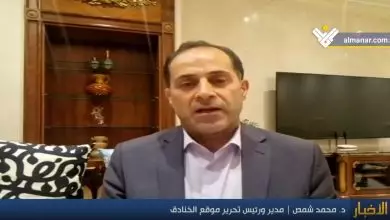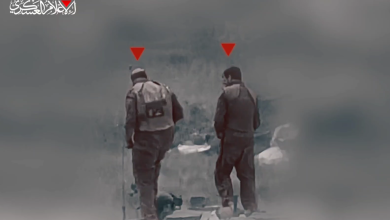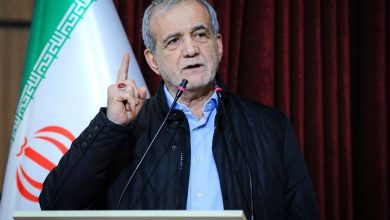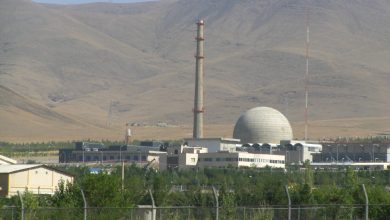Netanyahu pledges to persist with military operations in Gaza following the cabinet’s approval of a ceasefire agreement
According to reports from Israel's largest newspaper, Yedioth Ahronoth, Prime Minister Benjamin Netanyahu has vowed to persist with military operations against the Gaza Strip in an effort to prevent far-right Finance Minister Bezalel Smotrich from leaving his cabinet.
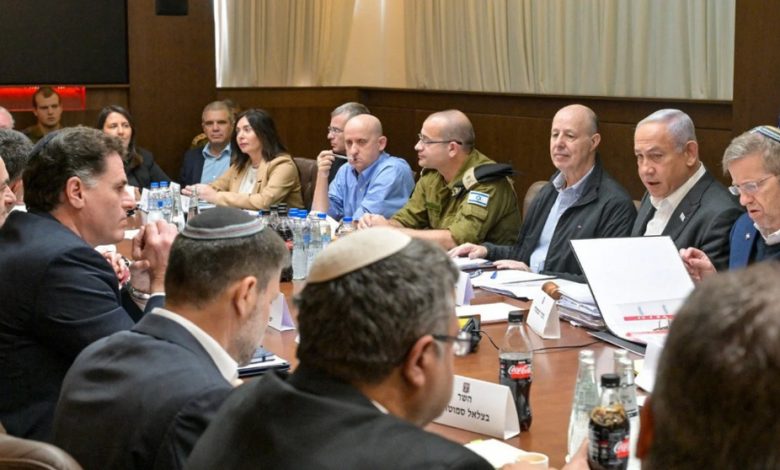
The announcement follows a statement from the Israeli prime minister’s office indicating that his cabinet has voted to approve a ceasefire in Gaza on Saturday. The decision came after a delay that raised concerns over potential opposition from extremist members within his coalition, which could have jeopardized reaching an agreement.
Israeli media outlets have reported that Bezalel Smotrich held discussions with Prime Minister Benjamin Netanyahu prior to the decision, insisting on assurances that Israeli forces would re-enter the Gaza Strip. Smotrich also called for Israel to maintain control over the distribution of humanitarian aid to the blockaded Palestinian territory.
Bezalel Smotrich, leader of the Religious Zionism party and a key critic of the agreement, reportedly declared that his party would resign unless there is a comprehensive return to conflict.
According to a report by Yedioth Ahronoth, he expressed satisfaction that his demands had been addressed after the most recent meeting with Netanyahu.
An Israeli minister has indicated he will continue to serve in Prime Minister Benjamin Netanyahu’s cabinet only if there is a commitment to resume hostilities after the initial six-week duration of a ceasefire agreement concerning Gaza.
Bezalel Smotrich has been called upon by Itamar Ben-Gvir, Israel’s security minister known for his far-right leanings and leadership of the Jewish Power party, to join efforts in obstructing the proposed agreement.
Ben-Gvir has announced his intention to resign should the cabinet give the green light to the proposed ceasefire agreement.
The proposed ceasefire agreement for Gaza outlines a three-phase strategy, initially involving Israel’s release of approximately 1,000 Palestinian detainees in return for Hamas relinquishing female captives.
On Saturday, Israeli authorities announced the release of 737 prisoners and detainees in the initial phase of an agreement, with the process scheduled to begin no earlier than 4:00 pm local time (1400 GMT) on Sunday.
Should consensus be reached in the initial phase, the subsequent second and third stages envisage the liberation of the remaining Israeli hostages, a full Israeli military withdrawal from Gaza, and the implementation of a reconstruction plan for the besieged enclave, along with other key measures.
A reported commitment by Prime Minister Benjamin Netanyahu to resume military operations after the initial phase could undermine efforts towards achieving a permanent ceasefire, a critical condition set forth by Hamas for any potential negotiations.
The Israeli Defense Forces have sustained their intense bombardment of the Gaza Strip, notwithstanding discussions surrounding a potential ceasefire agreement.
Since the announcement of a ceasefire agreement on Wednesday, at least 169 Palestinians have lost their lives due to Israeli military actions in Gaza, as reported by the local health ministry.
In recent developments, Palestinian reports have highlighted a series of intense airstrikes impacting the enclave over the last 48 hours, with official figures indicating that the death toll since the onset of the October 2023 offensive on Gaza has approached nearly 47,000. However, experts suggest that the actual number of fatalities may be substantially higher.
The Ezzedine al-Qassam Brigades, the military faction of Hamas, has issued a warning that ongoing Israeli airstrikes are endangering the safety of hostages, potentially transforming their “freedom into a tragedy.”

